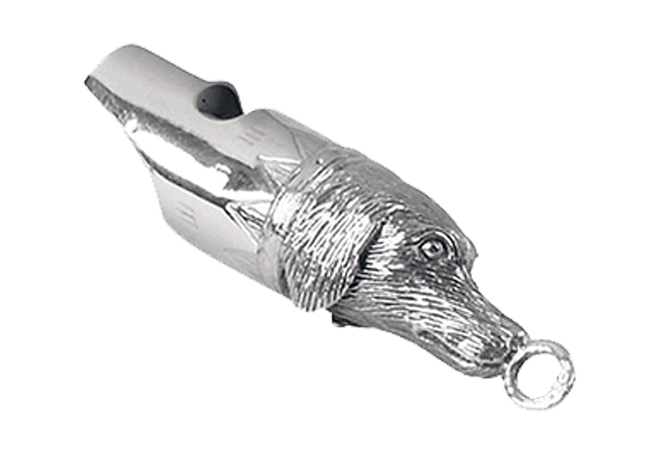
Akilah Johnson’s piece in today’s Boston Globe nicely describes the political debate over Charlie Baker’s reintroduction of the welfare reform “issue” into the race for the corner office. Democrats argue that it’s a classic dog whistle intended to rally the base in the home stretch of the race, while Republicans argue that welfare reform has been and is an important issue of great concern to their constituents.Who’s right?Both sides are right.
Charlie Baker 2.0 shed his harsh anti-welfare rhetoric for at least three reasons. First, it made it very difficult to appeal to potential ticket-splitting Democratic voters. Second, it undercut his effort to appear warm and likeable to voters in general. And third, it opened the door for his Democratic opponent to direct the campaign narrative away from the candidates as people and toward public policy. As a Massachusetts Republican candidate policy debates are high risk affairs. Baker would have much preferred to find himself with a lead in the polls at this point so he could have ridden his kinder, gentler 2.0 image all the way to the corner office.Unfortunately for Baker, he’s locked in a dead heat (according to polls), which he understands really means that he’s down a bit.He understands this because he knows that polls cannot fully account for the organizational advantages of his Democratic opponent, whose voter mobilization/GOTV operation will be much more effective than his.
The defenders of Baker’s reintroduction of welfare reform at this late date insist that he is not blowing a dog whistle because he is a sincere proponent of welfare reform. Coakley’s supporters are responding by throwing the BS flag and insisting that Baker is insincere, a line of argument bolstered by the fact that some of the reforms Baker is talking about “have been in place since the 1990s.” The thing is; it doesn’t matter whether Mr. Baker is sincere or not. Calls for welfare reform in the final stretch of this race are both a dog whistle to wingnut voters and a substantive effort to be responsive to sincerely reform-minded voters.
With little more than two weeks left both campaigns have moved from voter persuasion to voter mobilization/GOTV. Everything they do from this point out will be geared toward maximizing votes already won. Political scientists argue about whether campaigns in general are about voter persuasion or base mobilization, but in the final weeks of a statewide race will a dead heat in the polls, everybody understands what campaigns are about.

